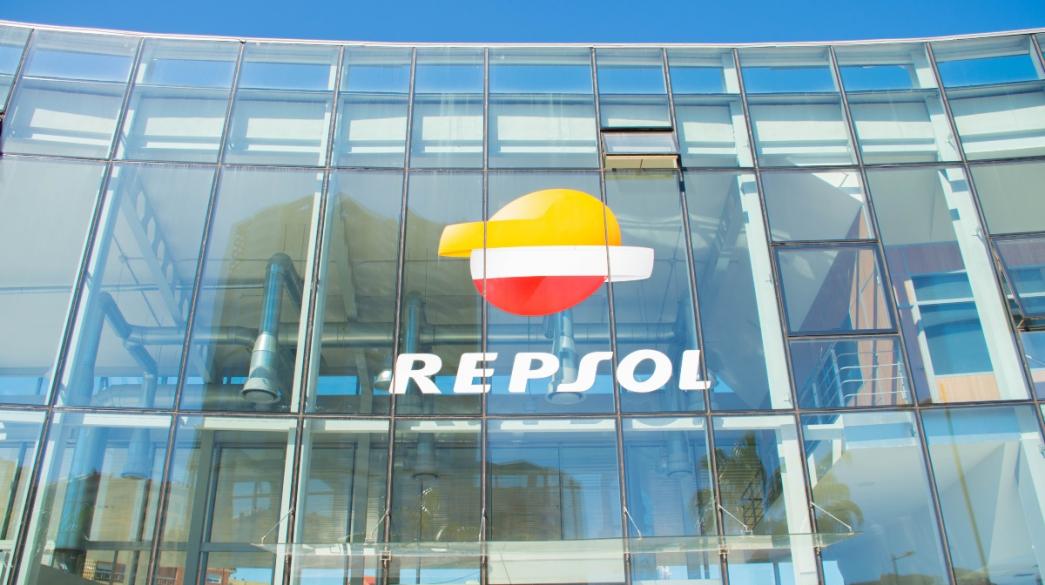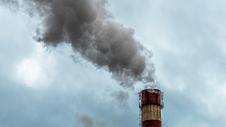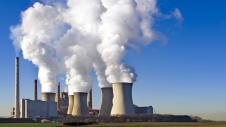Spain’s Repsol is pulling out of a hydrocarbon exploration project in Ioannina, northwestern Greece, sources tell Business Daily, in a fresh blow to the country’s efforts to develop its natural resources amidst the pandemic.
In a move expected by many, Repsol’s decision highlights the huge changes the industry is going through and the costly delays by the Greek government in decisively tapping its hydrocarbon wealth when conditions allowed for investments in the sector.
Following a recent move to abandon the search for oil in Etoloakarnania, Repsol has withdrawn from the consortium in which it participates with Energean in Ioannina, in line with a decision to limit investments globally.
Sources say that both 60% of the consortium from the Ioannina project that belonged to Repsol, as well as the operatorship rights, will be transferred to Energean, which will start looking for a new partner. Energean is also expected to request an extension for the start of the next phase of the project which involves exploratory drilling.
The amount invested by the consortium in seismic surveys reaches some 40 million euros, covering about 400 kilometers in the area. So far, the data gathered is considered to have produced some encouraging results on hydrocarbon deposits that may bear oil or natural gas.
In Greece, the Spanish company also participates with ELPE in an exploration project in the Ionian sea area in Western Greece, but market experts say that it is a matter of time before it also pulls out of this project.
The main reason for Repsol’s cutbacks is the blow the industry has suffered from the pandemic and falling oil prices, leading to sharp reduction in investments amounting to hundreds of millions of euros.
After the problems that appeared in Etoloakarnania and Ioannina, deep sea exploration operations in the south of Crete are also encountering challenges.
France’s Total has indicated that nothing will change in the hydrocarbon exploration program in the two offshore plots west and southwest of Crete with seismic surveys set to start at the end of this year or early 2022. However, it should be noted that Total booked large losses in 2020 and this may prompt the company to temporarily suspend research plans in Greece.
High degree of uncertainty
The pandemic may be ripping through just about every industry but when it comes to the oil industry it looks like it won’t ever recover.
In a report published ast week, the International Energy Agency (IEA), says that “global oil demand, still reeling from the effects of the pandemic, is unlikely to catch up with its pre-Covid trajectory.”
Demand for oil will rise from the bottom of the pandemic in the next five years, but will not return to pre-crisis levels in developed countries, the report added.
In 2020, oil demand was nearly 9 mb/d below the level seen in 2019, and it is not expected to return to that level before 2023. In the absence of more rapid policy intervention and behavioural changes, longer-term drivers of growth will continue to push up oil demand. As a result, by 2026, global oil consumption is projected to reach 104.1 mb/d. This would represent an increase of 4.4 mb/d from 2019 levels
All of the demand growth relative to 2019 is expected to come from emerging and developing economies, underpinned by rising populations and incomes, adds IEA.
The speed and depth of the recovery is likely to be uneven both geographically and in terms of sectors and products. Gasoline demand is unlikely to return to 2019 levels, as efficiency gains and the shift to electric vehicles eclipse robust mobility growth in the developing world. Aviation fuels, the hardest hit by the crisis, are expected to slowly return to 2019 levels by 2024, but the spread of online meetings could permanently alter business travel trends.








